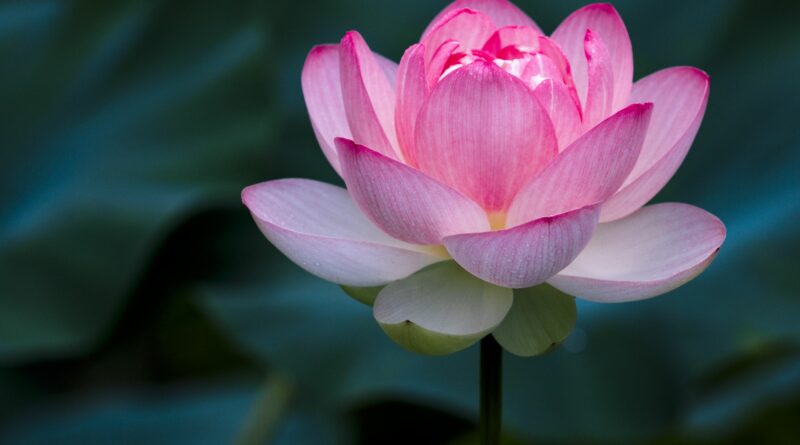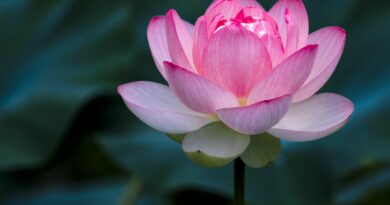THE PATH TO PEACE & FREEDOM FOR THE MIND – INTRODUCTION
The Path to Peace & Freedom for the Mind
INTRODUCTION
This analysis of the Path is intended as a guide to lead practicing Buddhists to peace and well-being in terms both of the world and of the Dhamma. Well-being in terms of the world includes such things as fortune, status, praise, and pleasure. These four things depend on our conducting ourselves properly along the right path. If we follow the wrong path, though, we are bound to meet with loss of fortune, loss of status, censure and criticism, suffering and pain. The fact that we experience these things may well be due to faults in our own conduct. So if our practice of the right path – the Noble Eightfold Path – is to lead us to peace in terms both of the world and of the Dhamma, we will first have to study it so that we understand it rightly and then conduct ourselves in line with its factors. Then, if we have aims in terms of the world, we’ll get good results. Our fortune, status, good name, and pleasure will be solid and lasting. Even after we die, they will continue to appear in the world.
If, however, we see that fortune, status, praise, and pleasure are inconstant, undependable, and subject to change, we should immediately start trying to study and develop the qualities that will lead our hearts in the direction of peace. We are then sure to meet with results that parallel those of the world. For example, status – the paths of stream-entry, once-returning, non-returning, and arahantship; fortune – the gaining of the fruition of stream-entry, once-returning, non-returning, and arahantship: These forms of status and fortune don’t deteriorate. They stay with us always. At the same time, we’ll receive praise and pleasure in full measure, inasmuch as Buddhists chant in praise virtually every night and day that, ‘The followers of the Blessed One conduct themselves well, conduct themselves uprightly, conduct themselves for the sake of knowledge, conduct themselves masterfully.’ Similarly, our pleasure will be solid and lasting, steeping and refreshing the heart with the Dhamma, not subject to death or decay. This is called nirāmisa sukha, pleasure free from the baits of the world. Quiet and cool, genuine and unchanging, this is the pleasure for which people who practice the Buddha’s teachings aspire. Like gold: No matter in what land or nation it may fall, it remains gold by its very nature and is bound to be desired by people at large. In the same way, the mental traits of people who follow the right path in terms of the Dhamma are bound to give rise to genuine pleasure and ease. Even when they die from this world, their fortune, status, good name, and pleasure in terms of the Dhamma will not leave them.
Thus, Buddhists who aim at progress and happiness should study, ponder, and put into practice – as far as they can – all eight factors of the Noble Path set out here as a guide to practice. There may be some mistakes in what is written here because I have aimed more at the meaning and practice than at the letter of the scriptures. So wherever there may be mistakes or deficiencies, please forgive me. I feel certain, though, that whoever practices in line with the guidelines given here is sure to meet – to at least some extent – with ease of body and mind in terms both of the world and of the Dhamma, in accordance with his or her own practice and conduct.
May each and every one of you meet with progress and happiness.
Phra Ajaan Lee Dhammadharo
WAT BOROMNIVAS, BANGKOK
AUGUST, 1955



